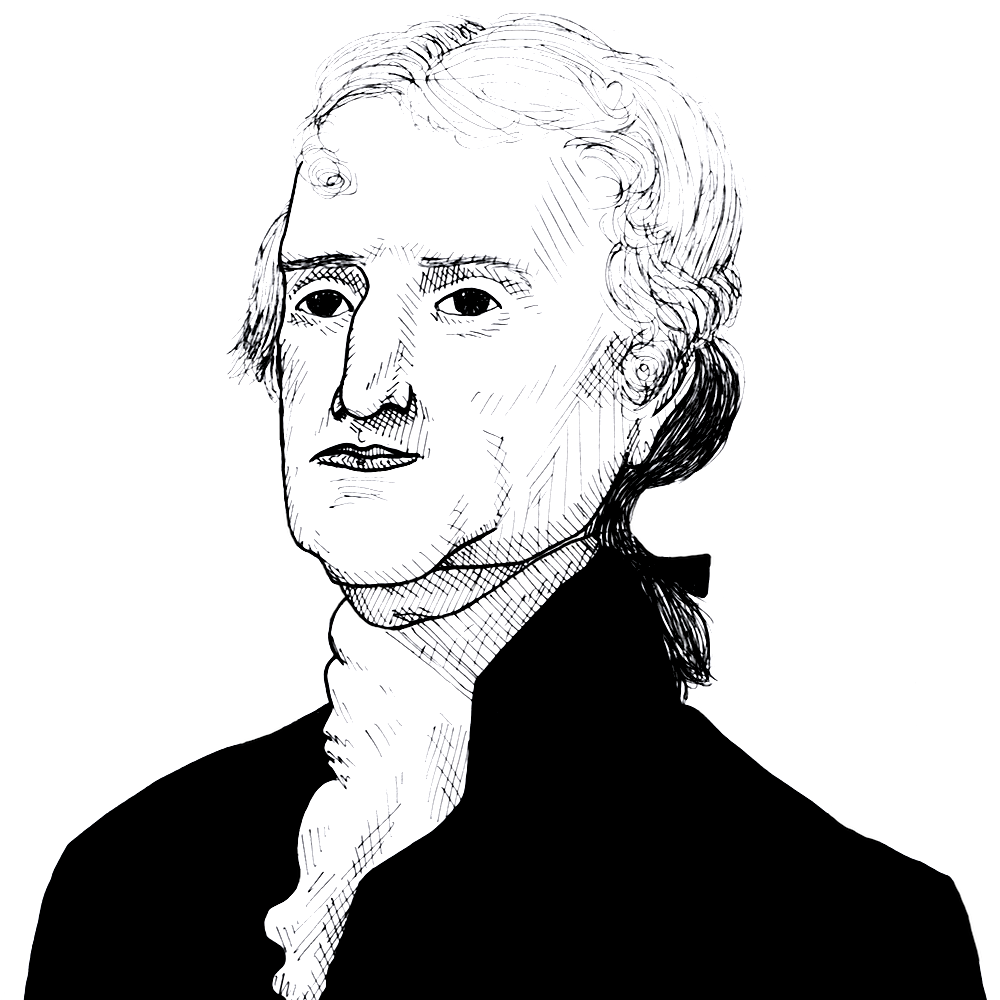
Thomas Jefferson and The National Bank Question Yet Again: 1813-1817
Found in: The Works, vol. 11 (Correspondence and Papers 1808-1816)
In 1811 the charter of the first Bank of the United States, the bank which Alexander Hamilton had championed from its inception in 1791, was sent to Congress for renewal. In the debates that followed, however, the forces against re-chartering carried the day, and the Bank was compelled to close its doors after twenty years in operation. Subsequently, the war with Britain, now known as the War of 1812, necessitated a dramatic increase in government securities to finance defense expenditures. That increase resulted in the extension of credit by private banks and an ensuing inflation of bank notes that significantly embarrassed the Madison administration. That embarrassment gave rise to renewed calls for establishing a new national Bank to better manage the government’s finances.
Money & Banking
“After the solemn decision of Congress against the renewal of the charter of the bank of the United States, and the grounds of that decision, (the want of constitutional power,) I had imagined that question at rest, and that no more applications would be made to them for the incorporation of banks. The opposition on that ground to its first establishment, the small majority by which it was overborne, and the means practiced for obtaining it, cannot be already forgotten. The law having passed, however, by a majority, its opponents, true to the sacred principle of submission to a majority, suffered the law to flow through its term without obstruction. During this, the nation had time to consider the constitutional question, and when the renewal was proposed, they condemned it, not by their representatives in Congress only, but by express instructions from different organs of their will. Here then we might stop, and consider the memorial as answered. But, setting authority apart, we will examine whether the Legislature ought to comply with it, even if they had the power.” (FROM Thomas Jefferson to Monticello, November 6, 1813)